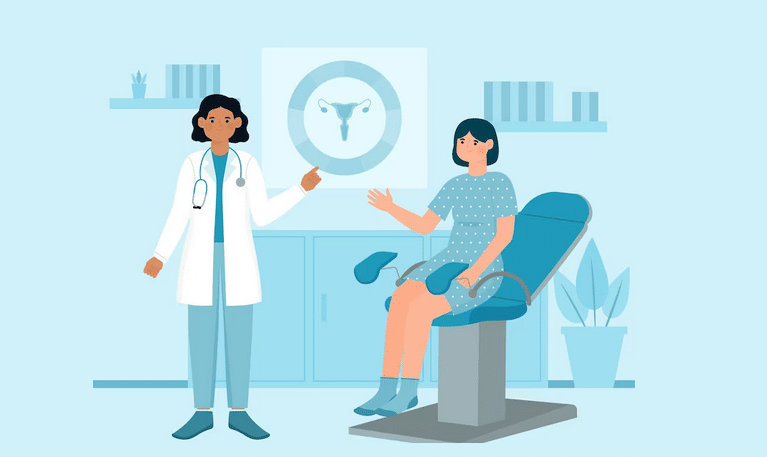When we talk about fertility and its influence on a baby’s health, much of the attention is often focused on the maternal side. However, it’s essential to consider the other half of the equation – the father’s age. A father’s age can have significant implications for both fertility and the health of their offspring. In this article, we’ll explore how a father’s age affects fertility and the potential consequences for a baby’s health.
The Biological Clock Ticks for Men Too: While the term “biological clock” is often associated with women, men also experience age-related changes in their reproductive systems. As men age, their sperm quality and quantity can decline. Research suggests that older fathers are more likely to face difficulties conceiving with their partners. This is due to a decrease in sperm motility and an increased likelihood of DNA damage in sperm, which can affect fertility.
Impact on Fertility:
- Reduced Fertility: Advanced paternal age has been linked to a decrease in fertility rates. Couples with older male partners may experience prolonged periods of trying to conceive, and in some cases, they may need medical assistance such as in vitro fertilization (IVF).
- Increased Risk of Pregnancy Complications: Older fathers may also contribute to an increased risk of certain pregnancy complications, including preterm birth and low birth weight.
Genetic Implications: One of the most significant concerns associated with advanced paternal age is the potential impact on a baby’s health. The older a man is when he conceives, the higher the risk of genetic mutations in his sperm. Some of these genetic mutations may contribute to various health conditions in their offspring, including:
- Autism: Research has suggested a modest increase in the risk of autism spectrum disorders in children born to older fathers.
- Schizophrenia: There is also a slight correlation between advanced paternal age and an elevated risk of schizophrenia in offspring.
- Bipolar Disorder: Some studies have linked older paternal age with an increased likelihood of bipolar disorder in children.
- Rare Genetic Disorders: Older fathers are more likely to transmit rare genetic disorders, such as Apert syndrome or achondroplasia, to their children.
Conclusion: While maternal age is often in the spotlight when discussing fertility and pregnancy, it’s crucial not to overlook the impact of paternal age. Advanced paternal age can lead to reduced fertility and carry potential health risks for the baby. It’s essential for couples to be aware of these factors when planning to start a family.
If you’re concerned about how a father’s age might affect your fertility or your baby’s health, consulting with a healthcare provider is advisable. They can provide guidance and offer solutions tailored to your specific situation, ensuring the best possible outcomes for both you and your child. To Know More Consult with IVF Specialist in Delhi.





